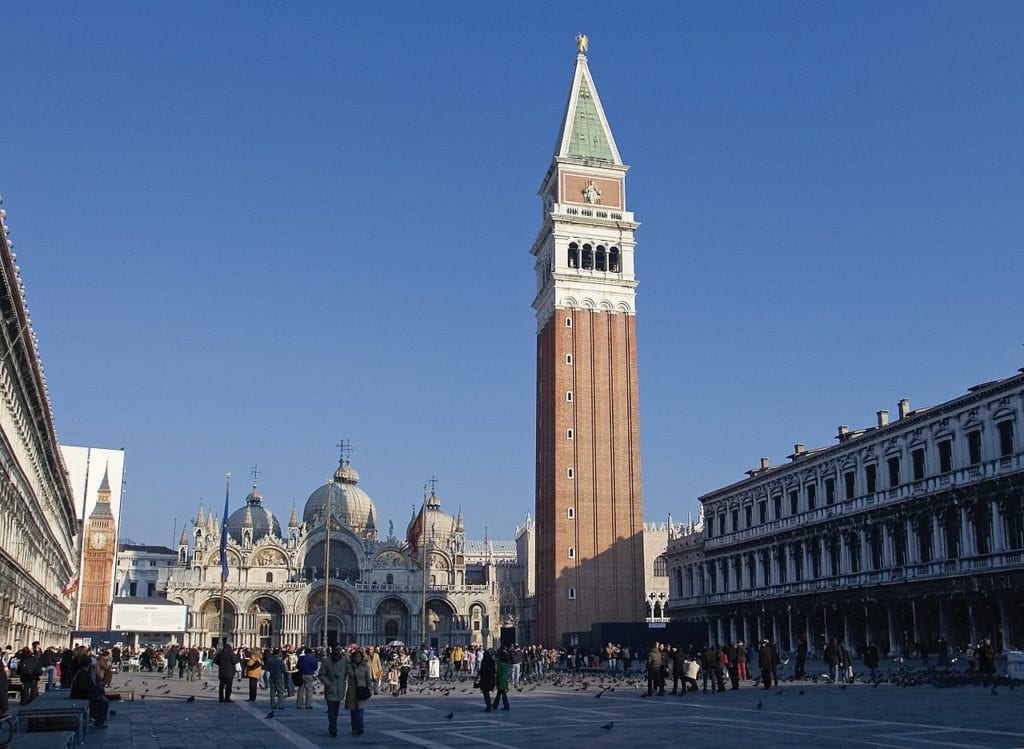Worst Floods in Venice in 10 Years
On Monday, Venice saw some of its worst flooding in a decade. Tourists and locals could be seen wading through knee deep water, and in some areas water as high as five feet. While it’s not uncommon for the coastal city to flood, the flooding that took place on Monday was above the norm. Climate change has been a factor in rising ocean temperatures that contribute to the mega storms and major flooding we’ve seen in coastal cities around the world.
Due to Venice being at risk of flooding, a project was proposed to install gates at each opening of a lagoon where high tides pose a threat. Unfortunately, insufficient funds and a corruption scandal delayed progress and the barricades were never finished. If climate change continues on its destructive path, it’s estimated that 275 million people globally will be living in areas that’ll eventually be underwater.
North Carolina Joins Paris Agreement
On June 1, 2017, President Trump announced that the United States would withdraw from the Paris Agreement. Later that same day, several governors announced their state’s support for the Paris Agreement despite the president’s decision.
Following the devastation of hurricane Florence, North Carolina has pledged to uphold the Paris Agreement by cutting greenhouse gas emissions. North Carolina joins 16 other states who have committed to tracking and reporting their progress as they work on reducing greenhouse gas emissions. Climate scientists are saying that the heating in oceans is contributing to hurricanes forming quickly and having a lot of power.
Oceans Have Absorbed 60% More Heat Than Previously Thought
According to a new study, the world’s oceans have absorbed 60% more heat since 1991. This means that countries have even less time to meet the goal in the Paris Climate Agreement to keep global temperatures from rising to more than 1.5°C. Our oceans absorb excess heat trapped in the atmosphere from greenhouse gas emissions.
The accelerating heat in the oceans are melting ice sheets and slowly destroying the habitats of many animals. Coral reefs around the world are diminishing and marine animals are forced to migrate. On top of that, many countries are fighting plastic pollution in our oceans with some countries even banning single use plastics all together.

